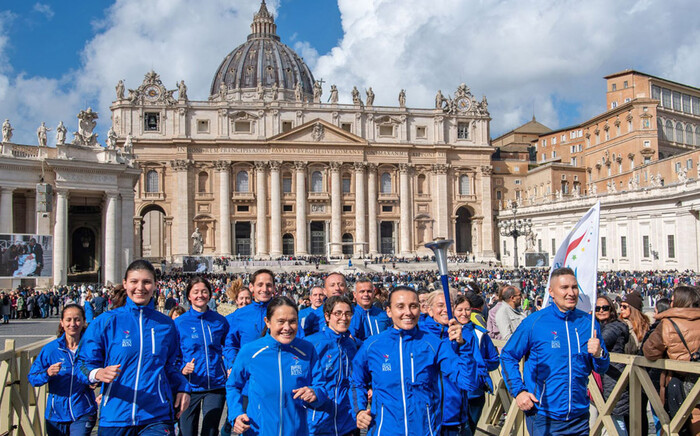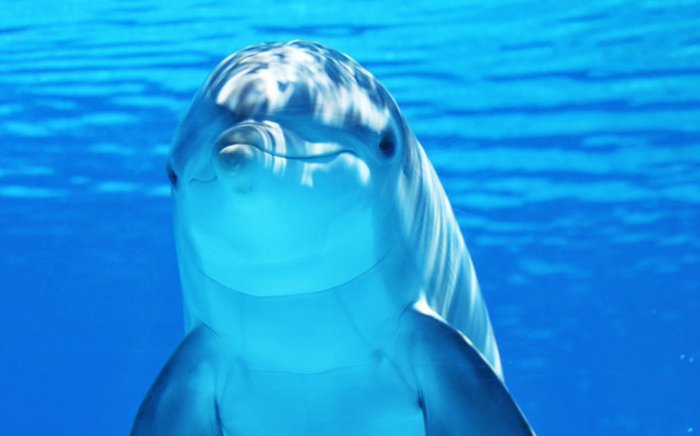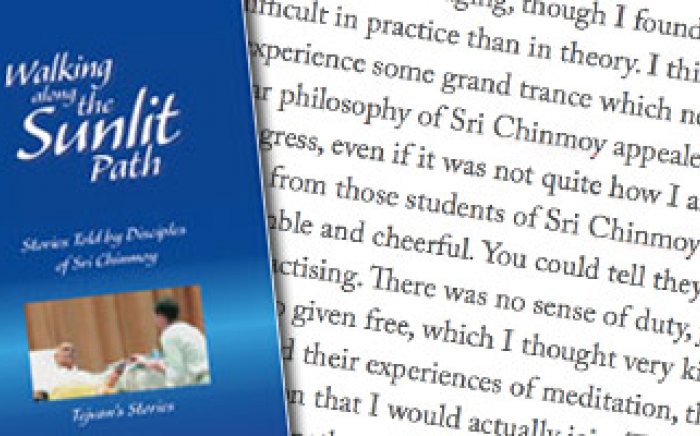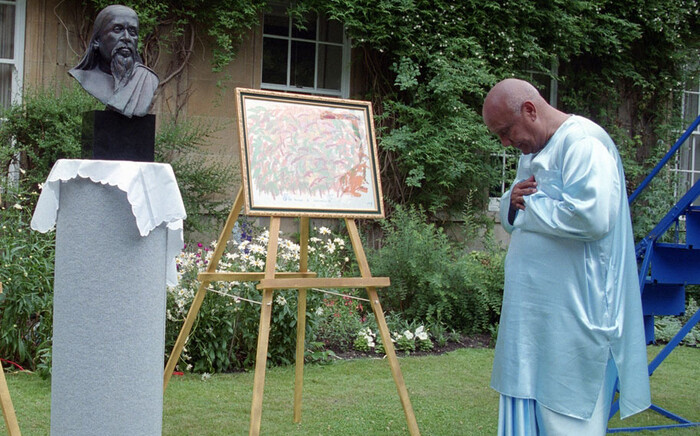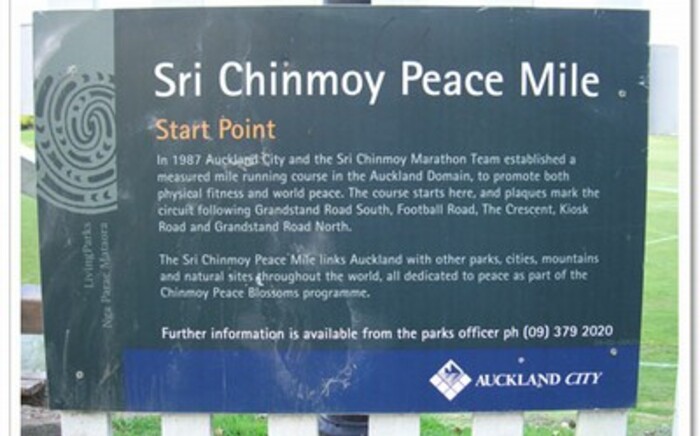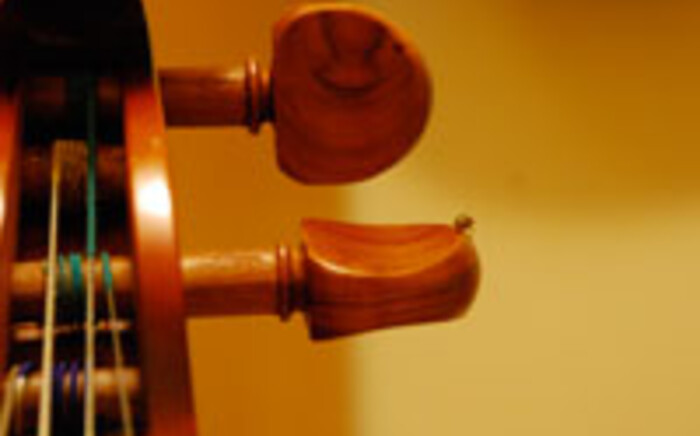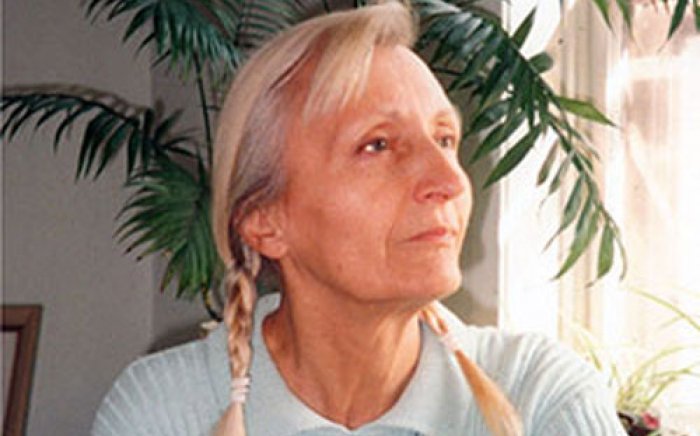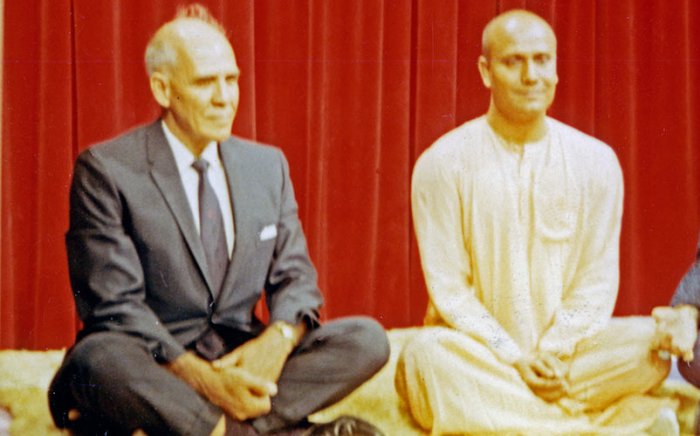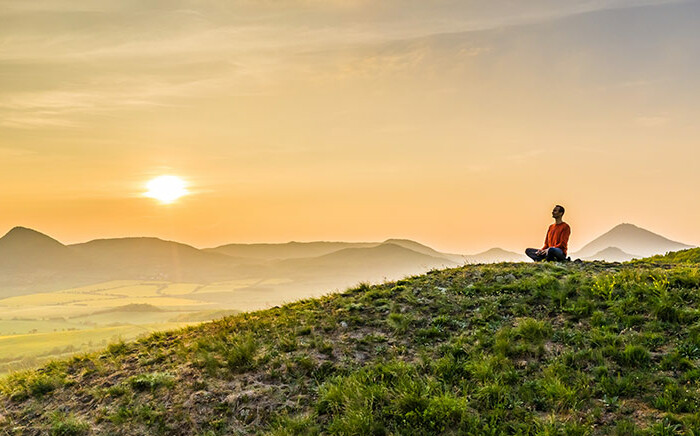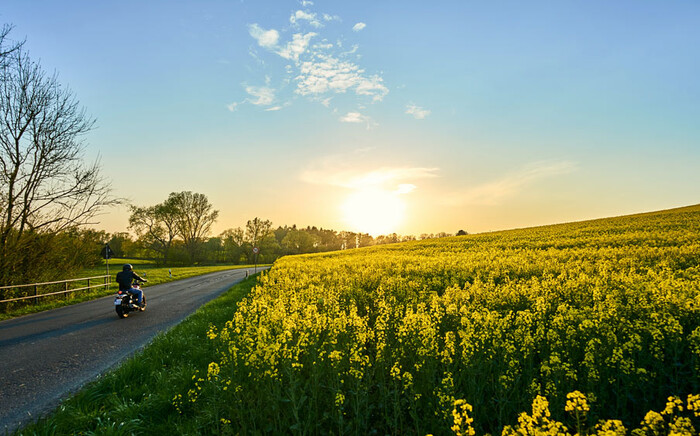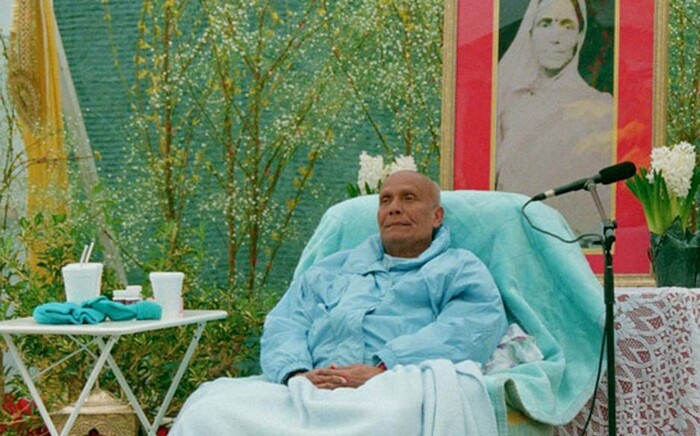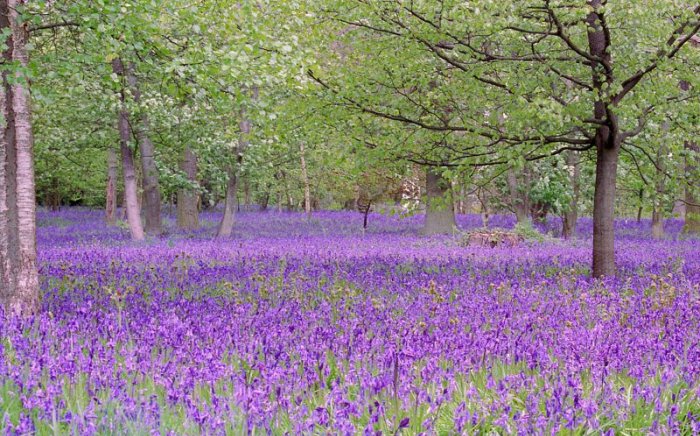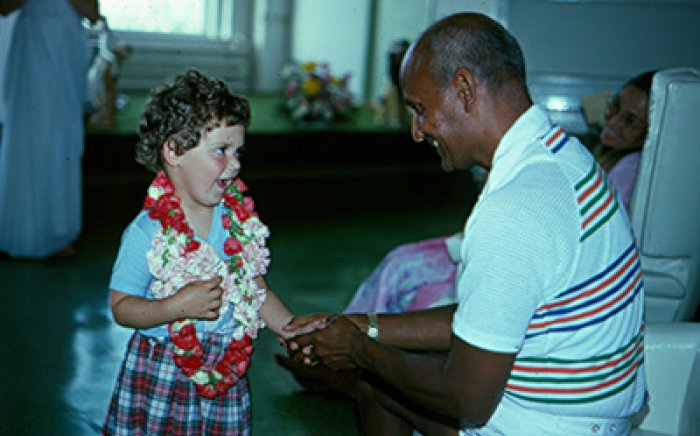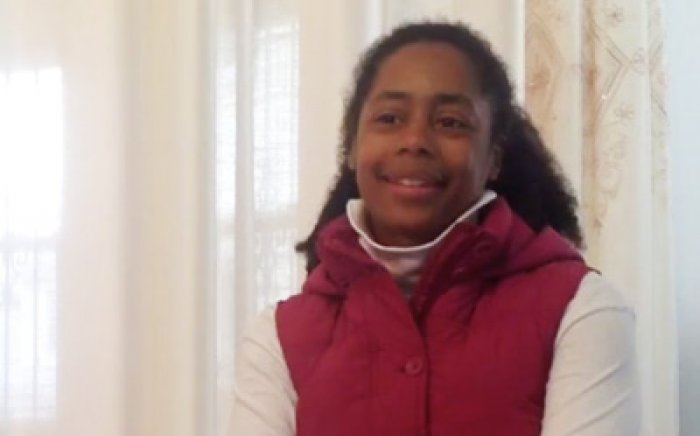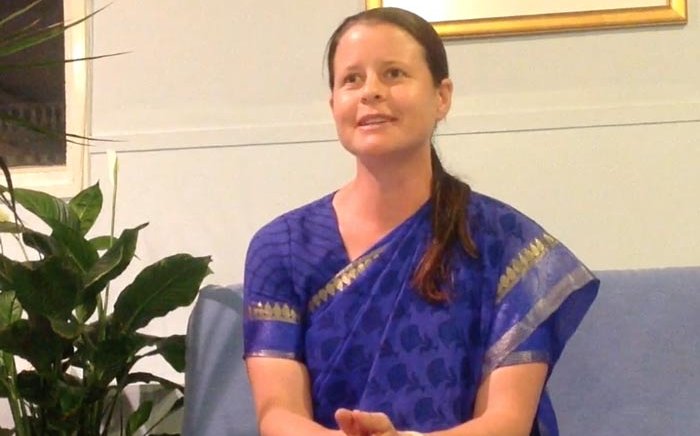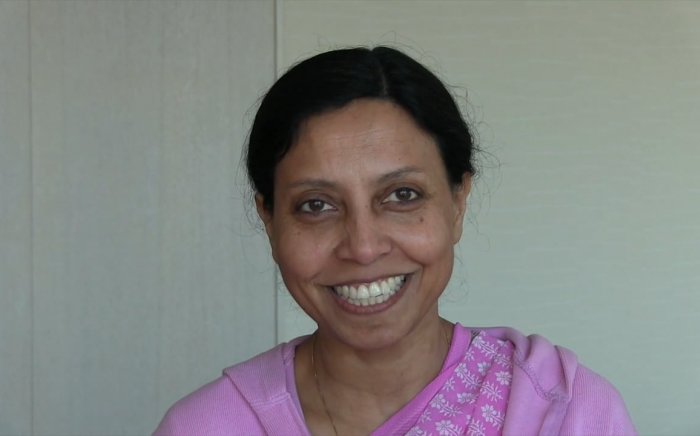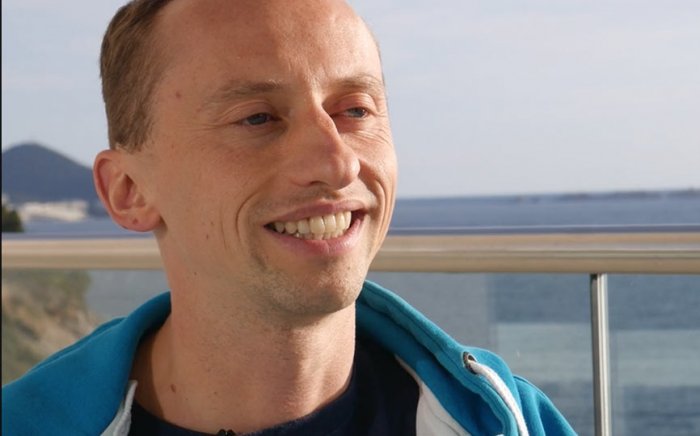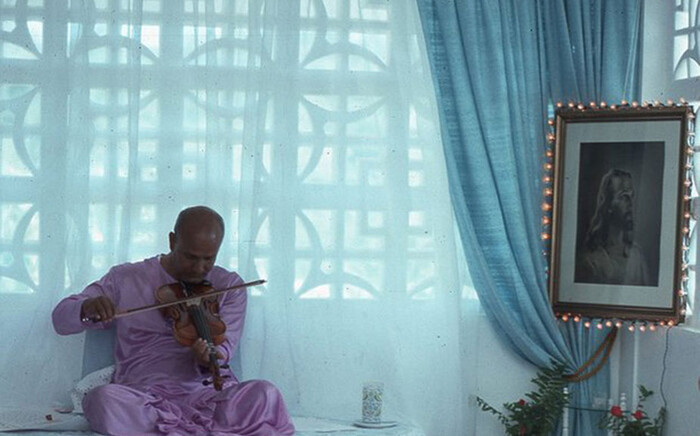How often have I announced my opinion that the best part of ultra-running is the shower at the end? Today that part was to be somewhat postponed. We dove for three and a half hours up the coast to our accommodation for the night. To be precise we drove in large and random circles for quite a bit of that time but arrive we did finally at the Umlalazi Nature Reserve where our ‘cabin: log’ awaited us – and the chance to abandon sticky running gear and fall happily into a long hot shower. And so to bed.
Having plied me with a hearty dinner consisting of a spring roll the size of a burly man’s pinky finger the night before, my companions suggested a walk to the beach to watch the sun rise before breakfast the next morning. ‘200 metres away,’ they reassured the wobbly ultra-runner. Three and a half hours later, slack-jawed and vacant, I struggled out of the bush at the end of our hike with only breakfast on my mind. It was beautiful. The Indian Ocean fell ever upon the endless pristine curve of African beach, and the sun rose, a great orange ball of fire, down the sands.
Travelling with water engineers is a dangerous thing to do. They wanted to see the estuary. If we just walked down the beach to the river mouth we could circle back inland to our little log cabin and breakfast and a chance to sit down.
Once we did reach the river – which was rather further than we had thought – the engineers romped off to examine the water flows and the sand banks and the intriguing mechanics of the whole thing. I cast my eyes around for crocodiles and lay down on a sandhill and rested. In one direction I could hear the crash of the Indian Ocean, in the other the crackle of burning forest on the other side of the river.
South Africa seemed a land on fire. Everywhere we went there seemed swathes of blackened ground where fires had passed, or else flames still licking through the grass or trees. Even when I went for a walk in the Johannesburg Botanical Gardens there was a large blackened area of ash livened only by a few hadida ibis yelling at each other across the desolation. Travelling at night one could see distant flames casting an orange light upon smoke. As we drove into Mahamba in Swaziland a couple of days later, a fire was leaping through the grass on the edge of the settlement. By the time we had got our passports stamped and gone through other formalities and made it to the other side of the border, the plumes of white smoke had turned to a tall, black column – the first house must have been being consumed.
This strange incidence of fires seemed to draw nobody’s attention but my own as if it were quite normal.
People must have been inured to the presence of smoke anyway. In many settlements and shanty towns through which we passed the only source of energy was burning wood, and palls of smoke hung in the air.
Having analysed the flows and counter-flows of the river mouth my engineering companions rejoined me and we carried on upstream. There were no wild creatures in evidence aiming to dine upon us. I had been told the night before to beware of mosquitoes because this was one of the – few – areas of South Africa that is malaria country. I had long thought malaria a romantic disease, like tuberculosis in the nineteenth century, and had rather fancied the idea of lying sweating on a fevered bed while some refined attendant attentively and delicately mopped my brow as I rambled in intriguing hallucinations. Faced with the actual prospect I rather changed my mind, but what was I to do – climb a tree if a mosquito came near?
As we laboured through the mangroves we met a ragged group of men and women dressed in orange overalls heading in the other direction. In another country, people so attired might be prisoners; here they are heading off to earn a few rand and some self-respect and self-sufficiency. ‘Poverty Relief Worker’ it said in large letters on the back of each orange suit – the government paying a minimal amount for simple manual labour that the multitudinous poor may be slowly lifted up.
After three and a half hours of excursion and exertion, breakfast was welcome. If I had known that lunch was going to consist of a banana I would have snatched an extra sausage but we were off to Hluluwe-Imfolosi Park, the oldest game park in South Africa, and such quotidian activities as eating would not stand in the way.
To travel in a new place is to be continually interested. The litter on the side of the motorway in Japan is interesting, the post boxes in New York city are interesting, the butcher shops in Bangkok are interesting if you look at them with the eyes of an outsider.
As you drive from Mtunzini up to Mtubatuba you pass through interesting country.
In New Zealand, forestry plantations mean one thing – pinus radiata. It is an American species that in its home country is slow-growing and rare. There are nature reserves of protected stands of pinus radiata in California. In New Zealand it grows very quickly and blankets entire landscapes in vast monocultural plantations supplying toilet paper to Japan and construction material to the USA.
In KwaZulu-Natal the plantation trees, of an unidentifiable species, are very thin and, it seems, at least a mile tall. An almost hypnotic effect is produced as one drives through these plantations. The trees are thin and spaced, to New Zealand eyes, far apart and have no branches for the first three quarters of a mile of their height. You can thus see far into the forest and as you drive by, weird op-art patterns and effects flicker by.
Further down the road, trees are replaced by poor people selling pineapples. Our driver, who only yesterday had been regaling me with tales of how if you stop to buy anything you get beaten to a pulp and have your car and all your possessions stolen, pulled over – ‘I love to buy things from these people’.
Was there ever a nicer person than the woman with the limp and the print dress who sold us a big basinful of pineapples for a few rand? Did anyone ever smile such a smile with such sincere happiness? We bought some avocadoes as well that we didn’t need. By some quirk of fate we were absurdly wealthy and she was poor. We addressed her in a respectful mixture of English and isiZulu. She repaid us with her smile – the princess of the pineapples.
It is difficult to describe a visit to a game reserve. What can one do but tick off a list of species? Even the experience itself is strangely affected by that expectation – ‘shall we see an elephant? Can we tick a lion off our list of animals seen?’ At least we did not feel obliged to kill anything and reduce those shining manifestations of life to the dull and sloppy contents of a butcher’s shop as previous generations eager to spot game had found necessary.
But the mechanistic ticking off of species disguises the actual thrill and delight that makes your heart leap when you drive around a corner and find a zebra standing nonchalantly in the middle of the road – a zebra who stands there unconcerned and wrinkles his equine nose at you before strolling up and starting to graze a metre from your side window.
My favourite animal was the kudu. It had a regal presence as it carried its great crown of horns serenely through the bush. But then the rhinoceros family that quietly grazed around us had an electric presence as well. And the giraffes…
Let us concede defeat and just produce a list. Bagged: impala, duiker, nyala, kudu, buffalo, wildebeest, zebra, giraffe, baboon, monkey, warthog, and one distant elephant. Plus I did see a little lizard on a post and some very funky birds. And maybe, maybe we saw some hyenas. Let us say that we did, though secretly we all really think that those eyes glowing in the darkness were actually probably those of impala. We stayed the night in Mpila Camp in the reserve. The refrigerator in the camp kitchen had the corner bitten off it – metal cladding and all – torn away by a hungry hyena who had strolled in at some point. There was a sign in our little cabin that read ‘Be warned!!!! Mpila Camp is not fenced. Wild animals move through the camp at night. Please ensure that you keep your doors closed at night. Limit your movements to the immediate vicinity of the unit,’ but with the kitchen, showers and other facilities in a separate building, and given our habit throughout my trip of rising at 4.30 am – as apparently all South African water engineers do – a certain amount of trotting about outside in the dark was inevitable. It was in the evening that the glistening eyes caught in the torch light watched us returning from our pre-bed shower. In the morning I showered in the pitch dark without benefit of a torch and returned alone to our cabin in utter darkness, so just how many wild creatures drooled as they closed in on me as I trotted along is unknown – though certainly fewer than the number that flitted on silent paws through my imagination.
We did return from a very brief absence from our cabin to find that an apple that had been part of our supplies had been half eaten. What little simian had whipped in the window for a quick feast we knew not.
What joy though, when the sun rose, to look out across a landscape completely devoid of human mark. Gerard Manley Hopkins wrote:
Generations have trod, have trod, have trod;
And all is seared with trade; bleared, smeared with toil;
And wears man’s smudge and shares man’s smell …
But not here. Here as far as could be seen – hill after hill disappearing into a blue distance – there was just nature; just animals and birds living their lives – not a building or a road or a fence or a post to remind us that humanity infests the Earth.
Sometimes the mythological just flies down out of a tree at you. Who has not thought as they walked through the New Zealand bush and the piwakawaka began dancing and chittering around them, of the great demi-god Maui and how the laughter of the piwakawaka cost him his life as he tried in vain to conquer the one great enemy left – death herself.
Once when I was biking up Grange Road I looked back over my shoulder up into the sky and saw a great white light, and, descending out of that light, a dove – fluttering straight out of an account of the baptism of Christ in the River Jordan.
Who does not hear the call of the ruru and think of her on silent wings moving through the realm of spirit with the messages of the atua?
The Sufis see one bird in particular as symbolic. The small, crested hoopoe they see as the image of the spiritual guide who leads the human soul to the divine – the one who knows God, and how to find Him, and can, out of his compassion, lead others to that vision.
Farid ud-Din Attar, the twelfth century Iranian mystic poet, wrote the famous poem Mantiq al-tair about the quest for God. Thirty birds, led by the Hoopoe – set out on a long and unbelievably arduous journey across the seven valleys of the world to the court of their lost king, the Simurgh. And when they reach their final destination, the king is revealed to be ‘Sim’ ‘urgh’ – literally ‘thirty birds.’
They have traveled far and found their own true identity and the true identity of God – and found them to be one.
I, who had never seen this bird, had painted once that image of the little winged guide on a large canvas.

And as we left Mpila Camp there flew down out of a tree – a hoopoe, his buff-orange feathers shining, his crest of feathers flaring in the morning sun.
And so we left the Hluluwe-Imfolosi Park. We headed out into the world of man and his domesticated animals and his domesticated landscapes – the world of civilisation.
And man was banished east of Eden.
See what we have lost.
For though the father sets the price,
the children pay the cost.
– Don McLean
At Mtubatuba it was market day. I rather fancied the idea of buying a flock of goats but foresaw problems with the Ministry of Agriculture and Forestry officials in New Zealand. We carried on.
We turned off to St Lucia – there was another estuary to examine!
As we strolled along the vast beach in the cold – the only company a little dotterel sprinting along on tiny legs – a solitary human figure scurried across the sand to the sea with a large jar and began filling it with sand and water. Apparently the people of Africa have great belief in the properties of sea water to cure all ills, and it is common to see them collecting jars of salt water with a little sand for their own esoteric purposes.
Everywhere that you park in South Africa there is someone loitering nearby to whom you give a nod as you leave the car and, when you return from your business – be it having shot into the supermarket, or having gone for a stroll along the beach – you give that person a few rand for the indispensable service which he has provided: standing watch over your car so that it is not stolen while you are absent. Driving around the suburbs of Johannesburg one is struck by an inexplicable impression of tidiness – until one realises that it is an impression given by there being no cars parked on the side of the road. There are no cars in sight because only somebody with a reckless disregard for having their car stolen would leave it on the side of the road unattended.
We gave the man at the St Lucia deserted beach – who had been filling his time by whittling designs onto monkey apples – a few rand for watching the car and carried on.
The original plan had been to return to Johannesburg from St Lucia by way of Swaziland, but it seemed like too much of a diversion so we decided to skirt the border of that mysterious nation and save miles.
We headed up the N2 past the vast lake of the Pongolapoort Dam towards Pongola. We were some distance from the intriguing town of Pongola when the subject arose of whether we had enough petrol in the tank to actually get there. It seemed unlikely. South Africa is not a place to be stranded on the roadside. Was there somewhere closer than Pongola? We turned off and headed northwards to Golela on the border of Swaziland. There was, however, we found on investigation, no petrol pump in Golela. There was only one alternative: to cross the border to Lavumisa. Our trip to Swaziland was back on – to buy a tank of gas.
When you live on an island the idea of borders is a peculiar one. You travel as far as you can in any direction and when you reach the sea and can go no further – that is the end of your country. No imaginary lines intervene.
I had encountered those imaginary lines in Europe but only travelling on a train where the man with the big gun came through the carriage and gave your passport a cursory look. Here at Golela things were more serious. We enter a dusty little office, fill out forms and get a big square stamp on our passports declaring we have left the Republic of South Africa. We drive 20 metres across the border to a new town – Lavumisa – and a new country – the Kingdom of Swaziland – and enter a slightly more dusty little office with a picture of King Mswati III hanging on the wall and go through a similar rigmarole.
There is some strange, surreal, trancelike unreality to this point – this place in which one is translated from one realm to another.
We buy some petrol at Lavumisa’s dilapidated pump. Shall we now go through the whole process again – two and a half minutes in Swaziland? No.
Off we set westwards through the kingdom towards the setting sun. We pass through Hluti, Mhlosheni and Dwaleni; through Nhlangano and Matandele. We pass through the beauty of Swaziland. The line may be imaginary but indeed the look and feel of Swaziland is completely distinct from that of South Africa. ‘Swaziland traffic lights’ they call them – the cattle that roam on the road: the only thing to slow the traffic, except for the many children in their neat school uniforms trekking home along the roads or across the wide open grasslands. Perhaps it was the time of day, perhaps it was just the contrast with South Africa, or perhaps Swaziland really is a magical kingdom tucked amidst the hills.
The king of Swaziland has thirteen wives, each with her own BMW, and while a third of his subjects are dependant on foreign food aid and 40% of adults are infected with HIV, the cattle on the roads are impressively huge and the countryside is of a mythical beauty.
For not much more than 100 kilometres we passed through Swaziland to Mahamba where we crossed back into South Africa. Once more we went through the strange limbo of the border crossing.
On the Swaziland side the delightful woman behind the counter of the border post asked the length of our stay and the nature of our business. We laughed that we had come to buy a tank of petrol and stayed maybe approaching two hours. For my South African companions that was good enough account of their doings, but I was a traveller from a distant archipelago at the ends of the Earth. This meant that I was a tourist and should answer the tourist’s exit survey. How we chortled together, the three of us and the coruscating Swazi woman, as she went though the regular questions for tourists. So, I had spent over 10,000 rand on my flight and had spent 2 hours in the country? What were the things I had enjoyed most about my stay in Swaziland? Certainly the scenery, I said. The country was beautiful. And the people, I added – I had enjoyed the friendly people very much, though truth to tell she was the only Swazi I had spoken to save a few words with her counterpart at Lavumisa. She was a great ambassador for her country.
Outside on the steps of the building two aged and derelict-looking men sat. As we got into the car, one approached, his hand out. We rummaged in the car and he was genuinely pleased when we presented him with a pineapple – a pineapple from the roadside Princess of Pineapples in KwaZulu-Natal.
Smash your bottle on the gravestone
and live while you can.
That homeless brother is my friend.
–Don McLean
And thus we left the realm of King Mswati, the last absolute monarch in Africa.
Continued here: part four
